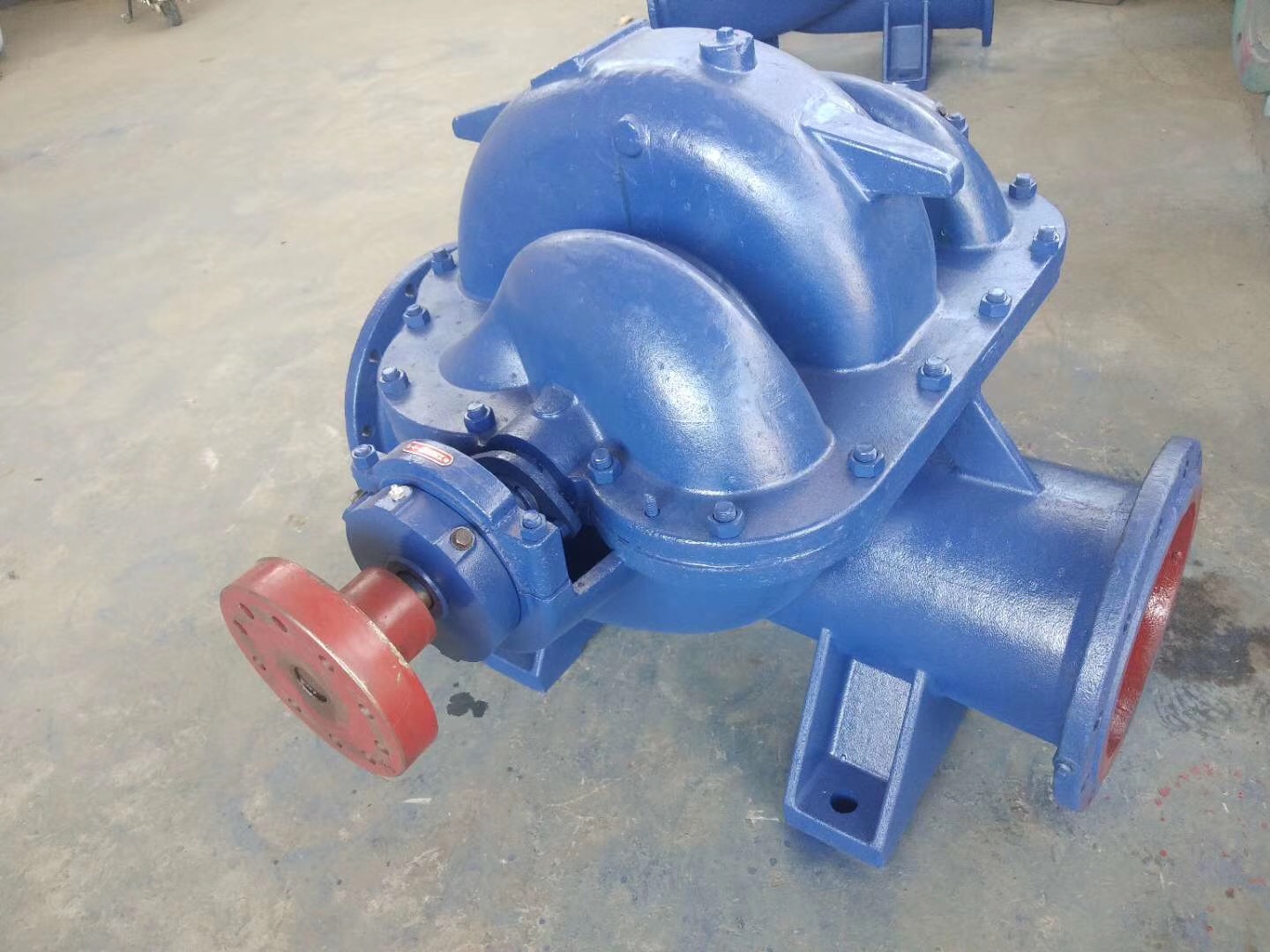Maltese
- Afrikaans
- Albanian
- Amharic
- Arabic
- Armenian
- Azerbaijani
- Basque
- Belarusian
- Bengali
- Bosnian
- Bulgarian
- Catalan
- Cebuano
- Corsican
- Croatian
- Czech
- Danish
- Dutch
- English
- Esperanto
- Estonian
- Finnish
- French
- Frisian
- Galician
- Georgian
- German
- Greek
- Gujarati
- Haitian Creole
- hausa
- hawaiian
- Hebrew
- Hindi
- Miao
- Hungarian
- Icelandic
- igbo
- Indonesian
- irish
- Italian
- Japanese
- Javanese
- Kannada
- kazakh
- Khmer
- Rwandese
- Korean
- Kurdish
- Kyrgyz
- Lao
- Latin
- Latvian
- Lithuanian
- Luxembourgish
- Macedonian
- Malgashi
- Malay
- Malayalam
- Maltese
- Maori
- Marathi
- Mongolian
- Myanmar
- Nepali
- Norwegian
- Norwegian
- Occitan
- Pashto
- Persian
- Polish
- Portuguese
- Punjabi
- Romanian
- Russian
- Samoan
- Scottish Gaelic
- Serbian
- Sesotho
- Shona
- Sindhi
- Sinhala
- Slovak
- Slovenian
- Somali
- Spanish
- Sundanese
- Swahili
- Swedish
- Tagalog
- Tajik
- Tamil
- Tatar
- Telugu
- Thai
- Turkish
- Turkmen
- Ukrainian
- Urdu
- Uighur
- Uzbek
- Vietnamese
- Welsh
- Bantu
- Yiddish
- Yoruba
- Zulu
Telephone: +86 13120555503
Email: frank@cypump.com
Oct . 19, 2024 17:03 Back to list
screw pump centrifugal chemical pump price
Understanding the Pricing of Screw Pumps and Centrifugal Chemical Pumps
When it comes to industrial applications, the choice between screw pumps and centrifugal chemical pumps is crucial for ensuring efficiency and reliability in fluid transfer. Both types of pumps serve distinct purposes, and their prices can vary significantly based on several factors. Understanding these variations can help businesses make informed decisions about their pumping solutions.
Types of Pumps
Screw pumps are positive displacement pumps that use one or multiple screws to move fluids. They are particularly effective in handling viscous fluids and slurries, making them ideal for applications in industries such as oil and gas, food processing, and wastewater treatment. On the other hand, centrifugal pumps employ a rotating impeller to increase the velocity of the fluid, converting kinetic energy into pressure energy. This type is commonly used in water supply, chemical processing, and HVAC systems.
Factors Influencing Price
1. Pump Design and Technology The complexity of the design and the technology used can significantly impact the cost of both screw and centrifugal pumps. Advanced features such as variable speed drives, specialized materials for corrosive environments, and integration with automation systems can increase the price.
2. Application Requirements The specific requirements of the application play a crucial role in determining pump prices. For instance, if a pump needs to handle high-pressure applications or operate at extreme temperatures, it may require specialized materials and designs, resulting in higher manufacturing costs.
3. Capacity and Efficiency The capacity of the pump, measured in flow rate and pressure ratings, will also affect its price. Pumps with higher capacities or improved efficiency rates tend to command a premium. Additionally, energy-efficient pumps can lead to significant cost savings in operational expenses, making them a worthwhile investment despite their higher initial costs.
screw pump centrifugal chemical pump price

4. Brand and Manufacturer Different manufacturers have varied pricing strategies based on their brand equity, quality assurance, and customer service reputation. Well-established brands may offer pumps at a higher price point due to their proven reliability and warranty options, while lesser-known brands may be more competitively priced but could compromise on quality or support.
5. Customization and Modifications Custom-built pumps tailored for specific industrial needs or unique conditions will generally cost more than standard models. Customization might include alterations in size, material, or additional features which cater to specific operational demands.
Price Range
The price of screw pumps generally falls within a broader range compared to centrifugal pumps. On average, screw pumps can cost between $5,000 to $50,000 or more, depending on the factors mentioned above. Centrifugal pumps, in contrast, can range from as low as $100 for small models to over $20,000 for larger, high-performance units.
Conclusion
When assessing the price of screw and centrifugal chemical pumps, understanding the diverse factors that influence these costs is essential for making the best purchasing decision. While screw pumps often demand a higher price due to their robust design and capability to handle viscous fluids, centrifugal pumps provide affordability and efficiency for a wide array of applications.
Ultimately, businesses must carefully evaluate their specific application requirements, budget constraints, and long-term operational costs when choosing the right pump. Investing in the right equipment can lead to significant savings and enhanced productivity, ensuring that operations run smoothly and efficiently.
-
Heavy-Duty Mining Sludge Pumps - Wear-Resistant Slurry Handling
NewsAug.02,2025
-
Horizontal Split Case Pump with GPT-4 Turbo | High Efficiency
NewsAug.01,2025
-
ISG Series Pipeline Pump - Chi Yuan Pumps | High Efficiency, Durable Design
NewsAug.01,2025
-
Advanced Flue Gas Desulfurization Pump with GPT-4 Turbo | Durable & Efficient
NewsJul.31,2025
-
ISG Series Vertical Pipeline Pump - Chi Yuan Pumps | Advanced Hydraulic Design&Durable Construction
NewsJul.31,2025
-
ISG Series Vertical Pipeline Pump - Chi Yuan Pumps | Energy Efficient & Low Noise
NewsJul.31,2025










